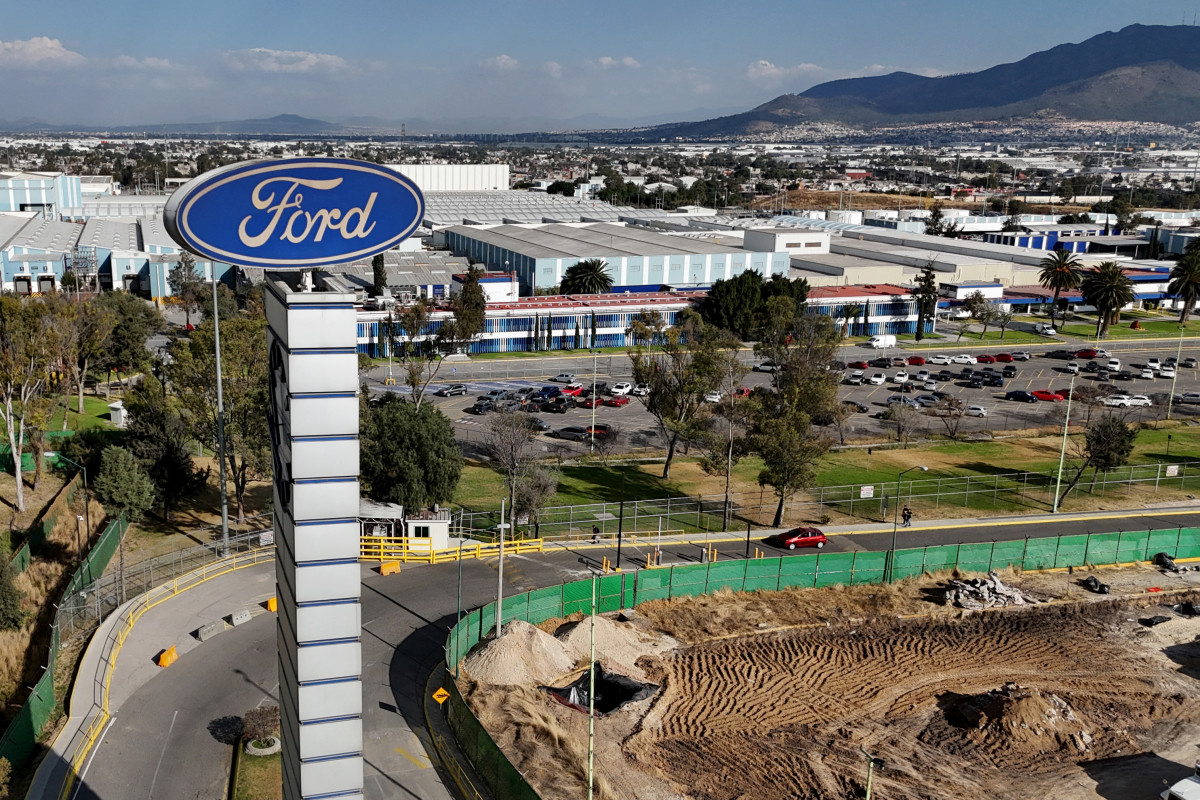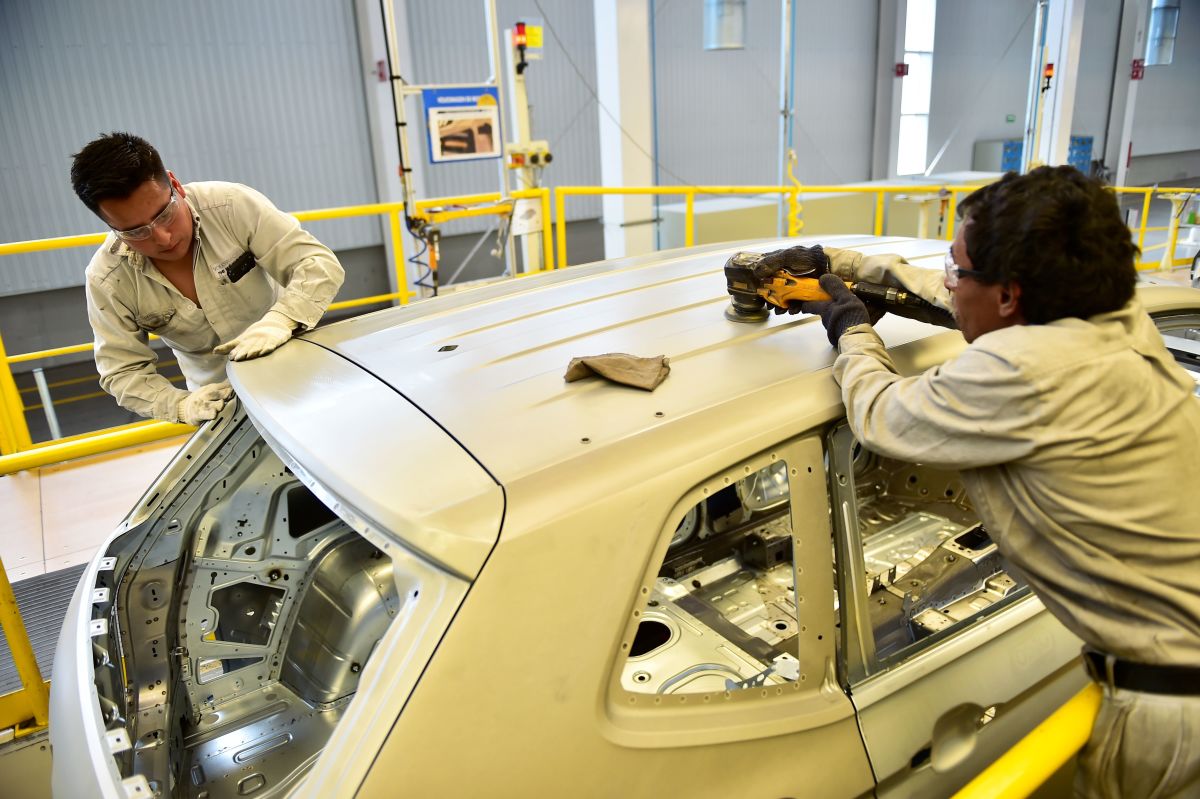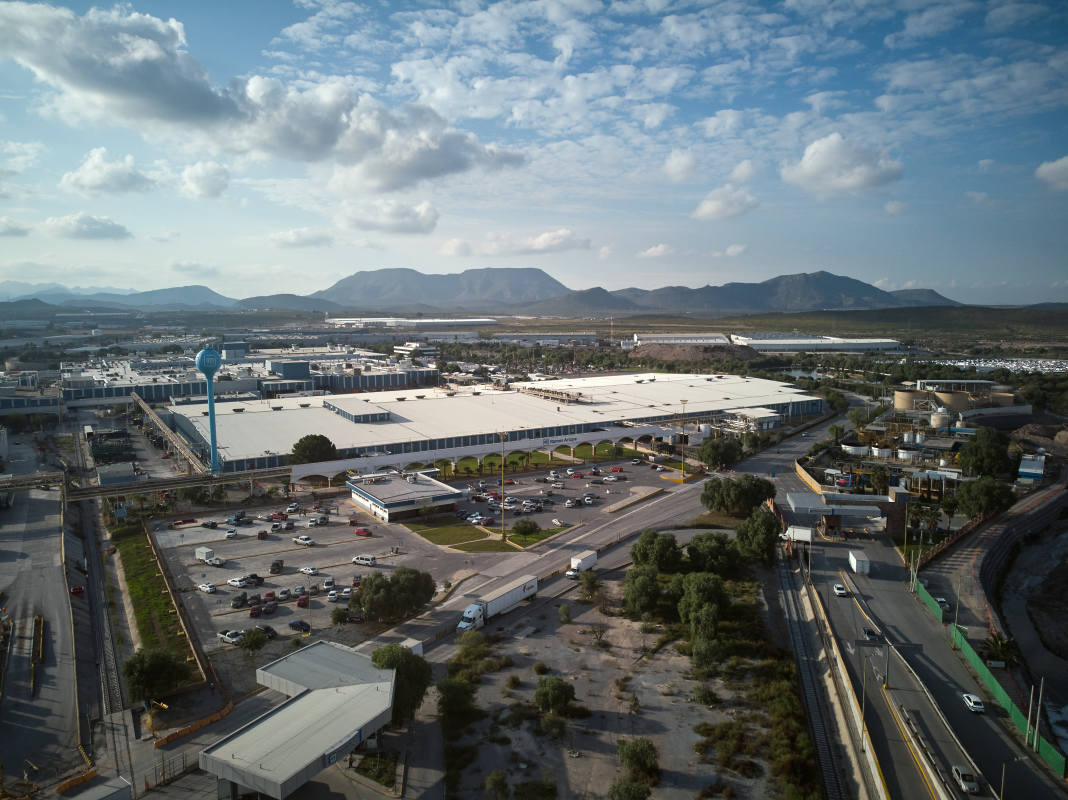Industry Impact

There’s a shake-up brewing in the auto industry, courtesy of some hefty new tariffs. Imagine a whopping 25% tariff hitting imported cars and parts. It’s like a storm rolling in over Detroit, threatening to hit especially hard at the heart of American automotive—Ford, GM, and Stellantis. These new measures are meant to boost American-made vehicles, but like many big-deal policies, there’s a twist in the tale that no one saw coming.
Trade Leathernecks

Reverse gears a bit to President Trump’s announcement that lightened some retaliatory tariffs sparked by recent trade spats. The stock market bounced back, but the auto tariffs stick like they’re set in stone. In 2024 alone, about 6.3 million of the 16.1 million cars zooming onto U.S. roads were imports from trusted partners like Mexico, Canada, and Japan. As of May 3, those cars and parts are huddled under a 25% tariff umbrella.
Take Ford, GM, and Stellantis. Combined, they parked 1.85 million imported cars in U.S. driveways last year—amounting to 13% of their global sales. It’s a bigger share than many international players have. The global market is complex, and a wrench like this can throw off the balance in unexpected ways.
Brand Effects

Brands like Toyota, Honda, and Nissan breathe a little easier with only about 9% of their global sales relying on U.S. imports. Meanwhile, Volkswagen, BMW, and Mercedes-Benz aren’t losing too much sleep, either, with just 7% of their sales connected to this side of the pond.
Yet, Subaru and Mazda are a little more exposed. Subaru counts on the U.S. for a significant chunk—71% of its sales happen on American soil. Mazda isn’t far off, with a quarter of its global sales tied up here. Both build some models stateside, but imports still make up key pieces of the puzzle.
Increased Production
General Motors stands out. With 18% of its sales hinging on U.S. imports, it’s way up there among the top players. Volkswagen is another with a hefty 80% import rate just to keep American lovers thrilled. This scene suggests manufacturers like Mercedes, Hyundai-Kia, Toyota, and others might shift gears towards building more cars right here in Uncle Sam’s backyard just to keep pace.
Drive Ahead
Global automakers are going to have to cozy up to the American heartland, ramping up homeground production to weather this tariff storm. Sure, it’s a complicated equation, and for Detroit’s Big Three, it looks like the road is going to get a bit bumpier.
Wild Car Heist Night
BMW's U.S. Impact
Stellantis Ad Debate
Market Shifts Crush Value
S90 Bids Farewell